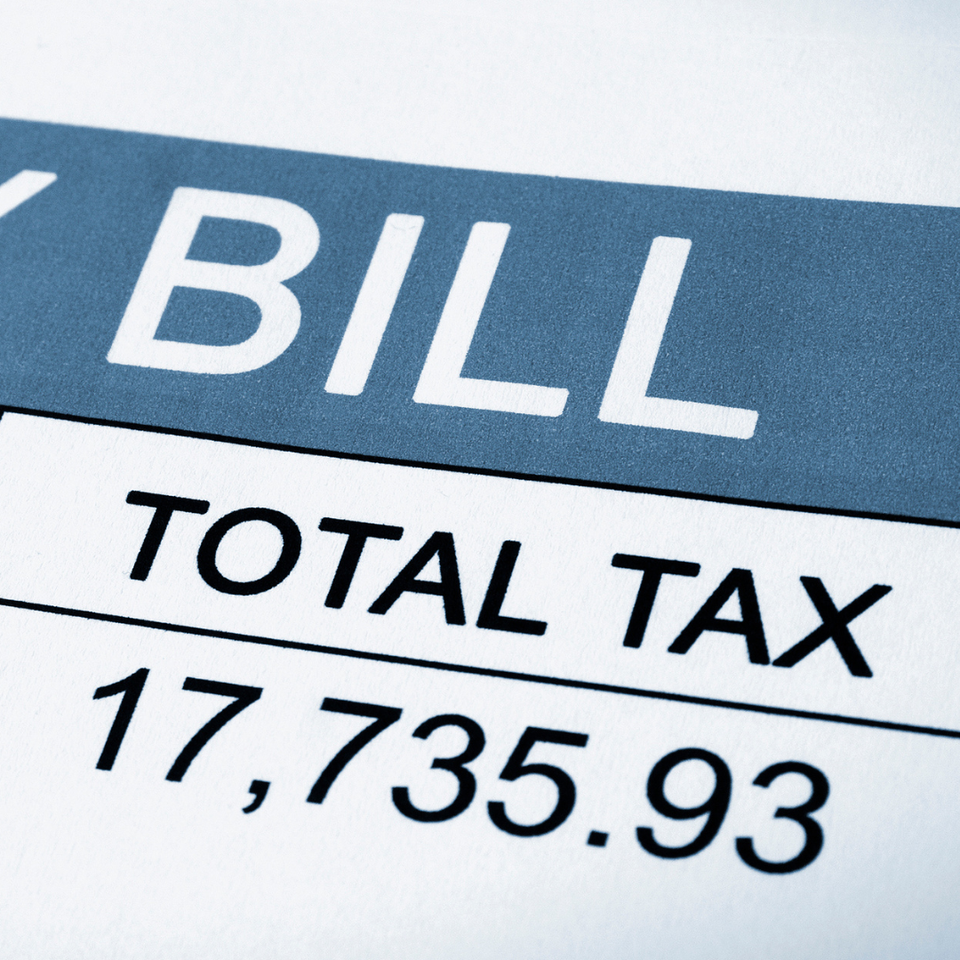Why did I get a bill for my real estate taxes if I have an escrow account on my mortgage?

Short Answer:
Many communities require homeowners to get a copy of their real estate tax bill regardless of who pays it. This tax bill will help homeowners prepare for any increases to their real estate taxes, allowing them to prepare for future changes to their mortgage escrow account and monthly mortgage payment.
Longer Answer:
If you're a homeowner with a mortgage that includes an escrow account for property taxes and insurance, receiving a real estate tax bill might come as a surprise. Understanding why this happens is crucial for managing your finances and ensuring that your property taxes are paid on time. In this post, we'll explore the reasons why you might receive a tax bill and what steps you can take to address it.
What is an escrow account?
An escrow account is a financial arrangement used by mortgage lenders to collect and hold funds for property taxes and homeowners insurance. Each month, a portion of your mortgage payment is deposited into this account. When your property taxes and insurance premiums are due, the lender uses the funds in the escrow account to pay them on your behalf.
Reasons You Might Receive a Real Estate Tax Bill
- Informational Purposes: Local tax authorities often send tax bills directly to homeowners for informational purposes. Even if your lender is responsible for paying the taxes, you may receive a bill to keep you informed about the amount due and the payment schedule.
- Timing Discrepancies: There can be a delay between when the tax bill is issued and when your lender makes the payment. Receiving a bill doesn't necessarily mean that your lender hasn't paid or won't pay it. The payment may be in process.
- Escrow Account Shortages: Changes in tax rates or property assessment values can lead to shortages in your escrow account. Knowning that your tax bill is higher than last years can help you prepare for any escrow account shortage you may have when the annual escrow anaylsis occurs.
- New Homeownership: If you've recently purchased your home, there might be a delay in setting up the escrow account. During this transition period, you might receive a tax bill directly.
- Errors or Miscommunication: Occasionally, errors or miscommunication between the lender and the tax authority can result in you receiving a bill. It's essential to verify with your lender if you receive an unexpected bill.
What to Do If You Receive a Real Estate Tax Bill
- Contact Your Lender: Reach out to your mortgage lender to confirm that they have received the bill and are planning to make the payment. This is especially important if you have a new mortgage or mortgage servicer. They can provide you with the payment status and any necessary details.
- Review Your Escrow Statement: Your lender should provide you with an annual escrow statement that outlines the payments made from your escrow account. Reviewing this statement can help you understand how your funds are being used.
- Verify Payment with Tax Authority: If you're concerned about a potential error, verify with your local tax authority to ensure that the payment has been received.
- Address Escrow Shortages: If there's a shortage in your escrow account, work with your lender to adjust your monthly payments to cover future tax bills.
Conclusion
Receiving a real estate tax bill when you have an escrow account can be confusing, but 100% normal. It will help you plan and budget for future increases or decreases to your escrow account and mortgage payment. Always communicate with your lender and stay informed about your escrow account to avoid surprises.
These blogs are for informational purposes only. Make sure you understand the features associated with the loan program you choose, and that it meets your unique financial needs. Subject to Debt-to-Income and Underwriting requirements. This is not a credit decision or a commitment to lend. Eligibility is subject to completion of an application and verification of home ownership, occupancy, title, income, employment, credit, home value, collateral, and underwriting requirements. Not all programs are available in all areas. Offers may vary and are subject to change at any time without notice. Should you have any questions about the information provided, please contact me.
Find more answers to mortgage & real estate questions at www.jdanswersquestions.com
DMV mortgage, OH Mortgage
